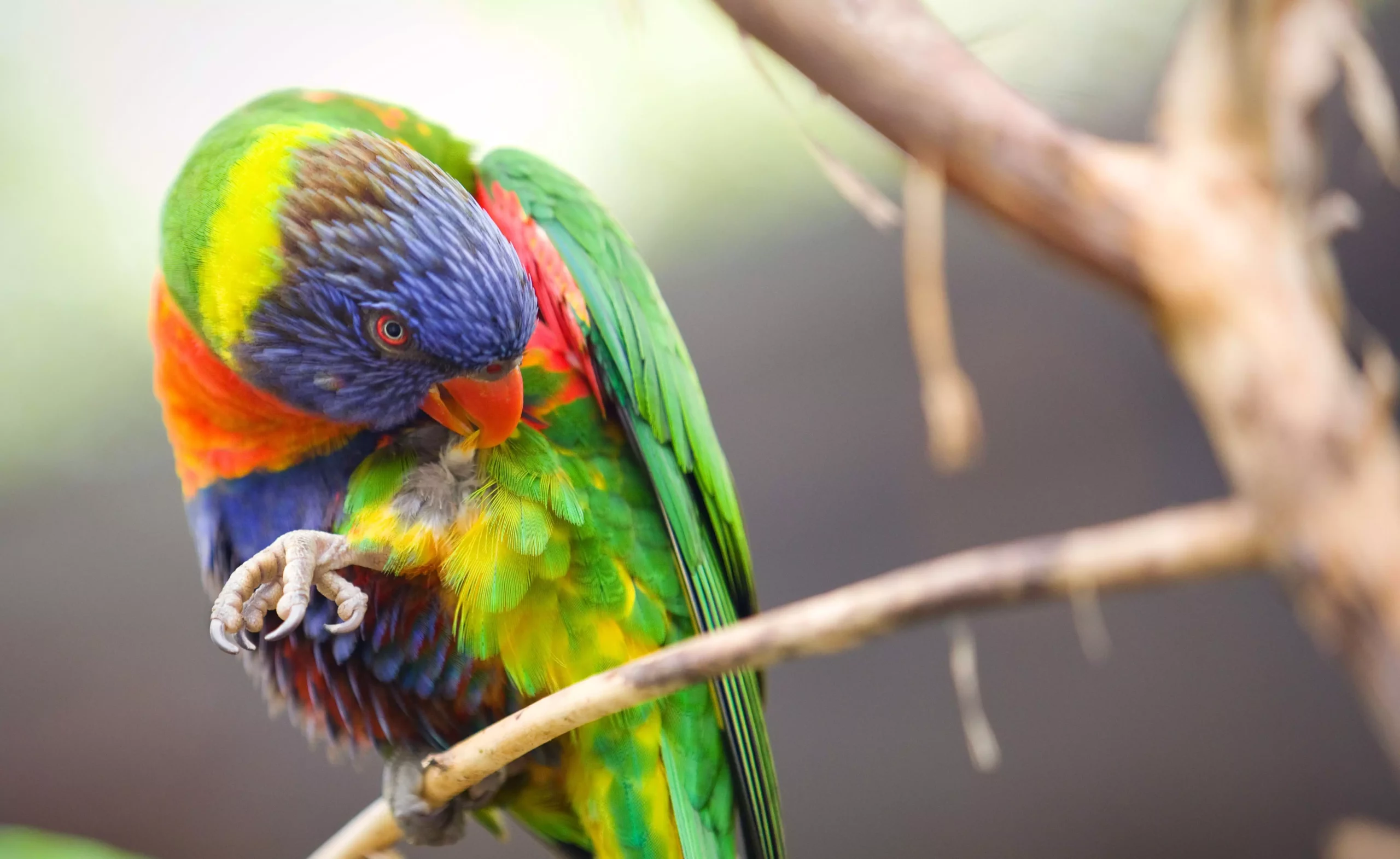Pet birds are beloved companions for many, bringing joy, companionship, and vibrant energy into our lives. However, they can also present unique behavioral challenges that require careful handling. Among the most frequently reported issues are biting, screaming, destructive behavior, territoriality, and feather plucking. Understanding the roots of these behaviors is essential for fostering a harmonious relationship with our avian friends.
Biting is often one of the first behavioral issues that new bird owners encounter. While a bite can cause pain and be alarming, it’s crucial to understand why a bird might resort to this behavior. Several factors could trigger biting, including fear, aggression stemming from hormones, or misinterpretation of playful actions.
If a bird feels threatened, it may bite as a defensive mechanism. Owners should consider if their bird is being exposed to stimuli that provoke fear, such as loud noises or unfamiliar people. By gradually desensitizing the bird to these triggers through positive reinforcement, owners can work toward reducing fear-driven biting.
In addition to fear, hormonal changes during mating season can lead to increased aggression and biting behavior. Birds in the breeding cycle can become more territorial, leading them to view their owners as rivals. Recognizing these patterns can help owners adjust their interactions, ultimately finding a way to navigate their pet’s temperament.
Addressing Problematic Screaming
Screaming is another behavior frequently reported by bird owners. While it’s natural for birds to vocalize, excessive noise can be a cause for concern. Factors leading to problem screaming often include boredom, emotional distress, or unmet social needs.
Birds are inherently social creatures that thrive on interaction. Owners should ensure their birds have ample socialization and mental stimulation throughout the day. Engaging in playtime, providing toys, and incorporating the bird into daily routines can significantly reduce moments of excessive vocalization. If such measures do not yield results, consulting with an avian veterinarian or behavior specialist may be necessary to address potential underlying issues.
Understanding Destructive Tendencies
Destruction in pet birds often reflects their need for engagement and mental stimulation. Birds that do not receive sufficient interaction or have access to enriching toys may resort to chewing their cages or other household items. Given their intelligence, parrots require interactive environments to thrive and maintain their psychological well-being.
To counteract destructive behavior, bird owners should assess their daily interactions with their pets. It may be beneficial to introduce new toys regularly, rotate them to keep things interesting, or engage the bird in activities that challenge its mind, such as foraging tasks. By promoting healthy interactions, destructive tendencies can often be mitigated.
Territorial behavior in birds can signal stress or discomfort within their environment. Particularly during breeding seasons, territoriality can be a common issue, leading birds to act aggressively towards perceived intruders. To manage this behavior, owners should focus on building a strong bond with their birds.
Utilizing bonding techniques, such as trust-building exercises, can assist in curbing territorial claims. This might include altering how and when they handle their pet or increasing positive interactions. If territorial challenges persist despite attempts to strengthen the bond, enlisting the help of a qualified parrot behavior consultant is a wise choice.
The Dangers of Feather Plucking
Feather plucking is often one of the more alarming behaviors, indicating a serious issue at hand. Birds that engage in this behavior may be suffering from stress, depression, or even medical problems, such as Psittacine Beak and Feather Disease (PBFD). Owners concerned about feather plucking should promptly consult with an avian veterinarian to rule out health-related causes.
When health issues are not a factor, the solution often lies in reassessing the bird’s living conditions and social interactions. Ensure that the bird’s cage is spacious and clean and provide a nourishing diet that meets all of its nutritional needs. Furthermore, dedicating time to interacting positively with the bird can exponentially improve its overall contentment and reduce the likelihood of destructive feather plucking.
Pet bird ownership comes with the responsibility of addressing behavioral challenges that may arise. By fostering an understanding of why these behaviors occur—whether it’s biting, screaming, destructiveness, territoriality, or feather plucking—owners can cultivate better relationships with their feathered companions. Through patience, dedication, and perhaps some professional guidance, it’s possible to foster a loving, engaged environment that allows pet birds to thrive both mentally and physically.


Leave a Reply